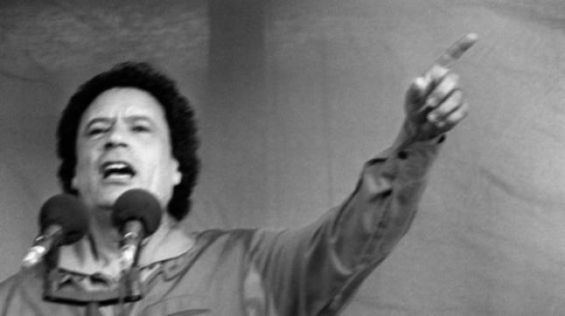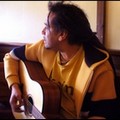In a speech delivered in 1985, Libyan leader Muammar Gaddafi admitted to having been behind the creation and armed support of the Polisario Front. Dated March 29, 1985, a CIA document declassified on January 31, 2012 sheds light on this episode, which exacerbated tensions between Morocco and Libya.
In his speech, translated into English by US intelligence, Muammar Gaddafi spoke of the failure of Arab leaders to agree on regional unity. He also spoke of the circumstances surrounding the emergence of the Polisario Front, expressing his unconditional support for it. «We founded [the movement, editor's note] in 1972 (...) In 1972 the Sahara was a Spanish colony, and neither the Arabs, nor the Africans nor the Afro-Asians spoke of the Sahara. They didn't even know it», he said.
He continued: «Only we knew of that part of Arab land that was occupied by Spain for hundreds of years. This was a shame and on 11 June 1972, on a platform where the late Boumediene was present I declared. Boumediene then did not know what the Sahara was, nor what the Polisario was. He did not care when I said that part of the Arab land was occupied by Spain, that it was a shame and it must be liberated, and that if Spain did not leave we would form a liberation front».
«After that speech we formed the Popular Front for the Liberation of Saguia El Hamra and Rio de Oro, it is Polisario. Its leader was Wayli Reguebi, the martyr. He was an example of the Arab revolutionary man whom we cherish. The aim was to liberate the Sahara from Spanish colonialism».
Armed support for the Polisario
Muammar Gaddafi continued his speech, referring to «popular liberation war» in the Sahara. «We trained the Polisario elements, we and the Palestinian resistance. We smuggled weapons to the Polisario, behind the backs of Algeria and Mauritania. We unloaded consignments of weapons in the Sahara», said the Libyan leader.
However, much of the equipment was confiscated, after several arms shipments fell into the hands of the Algerian authorities. According to Gaddafi, Spain left Western Sahara following the field operations he himself supported. The document indicates that Wayli Reguebi used to say that «If we make of this Sahara a state, I have no objection to uniting it with Morocco and Algeria, or Mauritania».
The former Libyan leader also referred to an exchange he had with the former Mauritanian president, Mokhtar Ould Daddah, during the latter's visit to Libya. «If you liberate the Sahara, I urge you to make it an independent state, so that it will be a barrier between me and Morocco», Daddah said. He then referred to the Madrid Agreement signed between Morocco, Mauritania and Spain in November 1975, under which the Sahara was shared between the first two countries. «As for Algeria, it had no connection whatsoever with this matter», he revealed.
«The fact is that after the Madrid Agreement and the incursion of the Sahara by both sides, the inhabitants were made homeless because 1 or 2 thousand homeless children arrived in libya. We educated them and gave them shelter here».
Gaddafi supports Polisario's «every demand»
The former Libyan leader went on to say that he had «supported the Polisario in all its demands». Gaddafi added: «It said that it wanted independence, so we stood by them. In fact there was no desire at that time to add another dwarf state to 21 or 22 Arab paper statelets which could be blown away by a major power».
He stressed: «We stood by the Polisario in all its demands. It said that it wanted independence, so we stood by them. We say that this was not a secessionist movement, it was a revolutionary eruption. But we tell you with regret that the Polisario failed to turn into a revolutionary eruption».
The speech also mentions that over time, with changes in its leadership, the Polisario ended up becoming «independence-seeking movement».





 chargement...
chargement...













